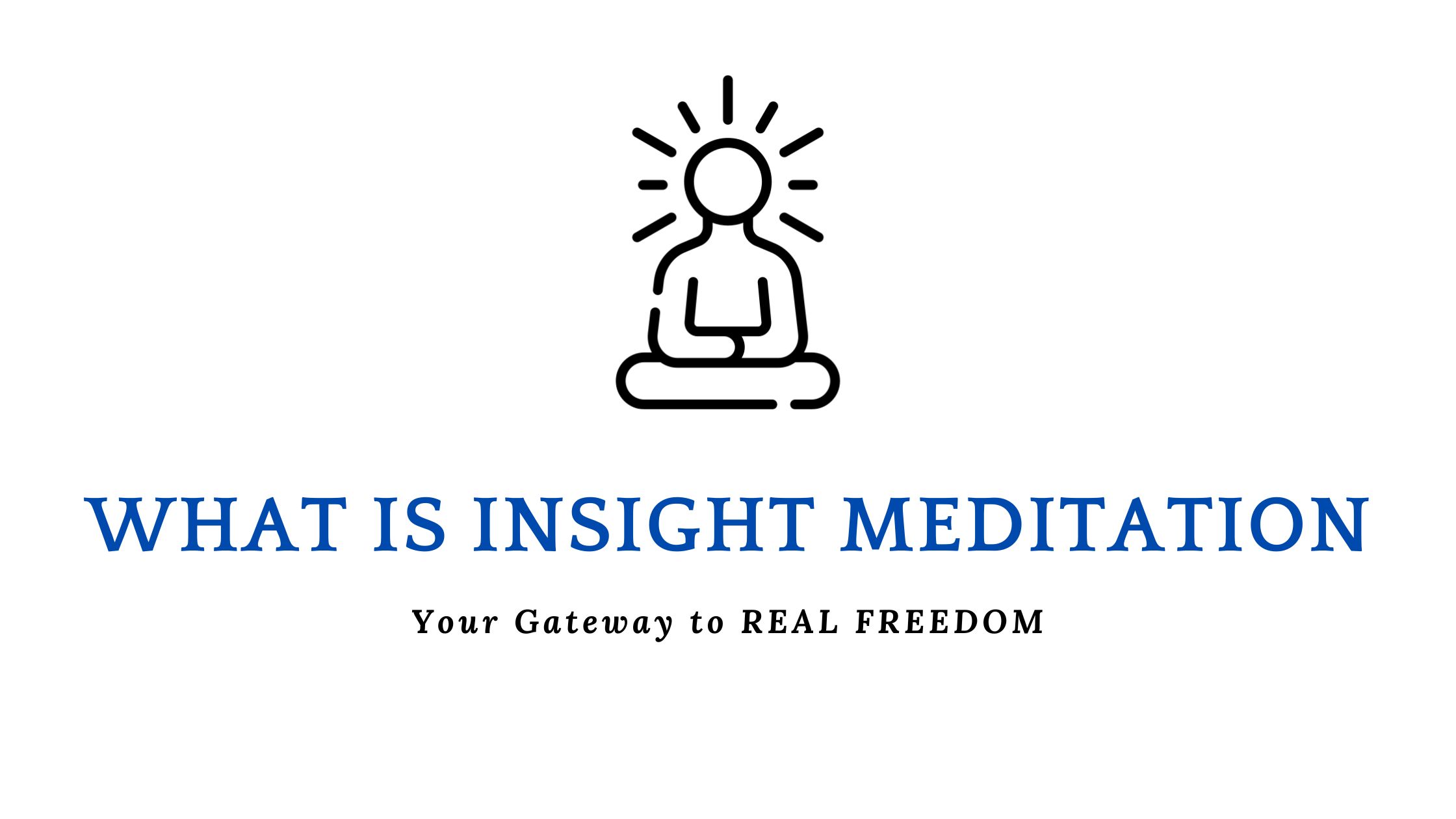In the contemporary tapestry of spiritual exploration, the Bahá’í Faith offers profound insights into the realm of insight and self-knowledge, particularly through the practice of meditation. While many individuals are enthralled by the soothing cadence of meditative practices, the deeper implications behind these activities are often underestimated. This article delineates the exquisite interplay between Bahá’í teachings, meditation, insight, and self-knowledge, demonstrating how meditation serves as an indispensable key in unlocking the door to profound understanding and spiritual elevation.
The significance of insight and self-knowledge in the Bahá’í Faith cannot be overstated. Central to Bahá’í beliefs is the notion that self-awareness leads to spiritual growth, enabling individuals to transcend their limitations and fully embrace their divine potential. This ideology posits that through meditative practices, adherents can cultivate a profound sense of self-awareness that facilitates introspection and fosters transformative insights. This progression facilitates not only personal growth but also a deeper understanding of humanity’s interconnectedness.
At its core, meditation in the Bahá’í tradition is not merely an act of quiet contemplation; it represents a holistic approach to personal development. Indeed, Bahá’í teachings emphasize that the purpose of life is to know and worship God, and it is through meditation that one can hone this intrinsic connection. Inherent in this practice is a call to silence the cacophony of the mind, allowing the soul to engage more intimately with divine guidance.
Many adherents gravitate towards the concept of meditation as an escape from the relentless demands of daily life. However, this perspective fails to capture the full essence of meditation within the Bahá’í framework. It is not merely an exercise in tranquility but a profound endeavor of self-examination. Through meditation, individuals are encouraged to confront their innermost thoughts, emotions, and motivations, thereby embarking on a journey of self-discovery that can lead to significant personal transformation.
The Bahá’í writings elucidate this transformative journey, inviting individuals to engage deeply with their inner selves. Among the seminal works, the writings of Bahá’u’lláh offer poignant insights into the nature of reality, and the significance of recognizing the divine potential that resides within. By meditating on these sacred texts, individuals may come to realize their intrinsic connection to divine truth, thereby elevating their consciousness and enriching their understanding of self.
Additionally, the act of meditation is seen as a bridge between the material and spiritual realms. As individuals delve into the abyss of their consciousness, they encounter layers of understanding that may have remained dormant without the practice of meditation. These encounters often yield unexpected insights, revealing the interconnectedness of all creation and instilling a sense of purpose that transcends individual existence.
Moreover, the communal aspect of Bahá’í meditation cannot be overlooked. Gathering in prayer and meditation fosters a collective pursuit of insight and self-knowledge. This communal dimension not only strengthens individual spiritual journeys but also underscores the importance of collective growth in the Bahá’í Faith. When believers come together in the spirit of unity, the cumulative energy generated through shared meditative practices enhances the potential for insight, creating a nurturing environment for spiritual evolution.
To further elucidate the transformative power of meditation, it is essential to address the psychological underpinnings that govern the practice. Research has increasingly supported the notion that meditation can lead to enhanced emotional regulation, reduction in stress, and improved cognitive flexibility. These psychological benefits align seamlessly with Bahá’í teachings, ultimately reinforcing the idea that self-knowledge gained through meditation fosters a healthier, more balanced existence.
However, it is crucial to understand that the benefits of meditation extend beyond the individual to the wider community. As individuals cultivate self-awareness, they foster empathy, compassion, and understanding within their interpersonal relationships. Such qualities become vital in a world fraught with division and discord. The Bahá’í perspective emphasizes that recognizing the dignity and inherent worth of all individuals is essential in nurturing a peaceful society, and meditation can serve as a powerful catalyst for this realization.
Furthermore, the role of intuition in the process of gaining insight through meditation deserves attention. In Bahá’í teachings, intuition is viewed as a divine gift, and meditation provides a fertile ground for nurturing this faculty. By quieting the mind and turning inward, individuals create a conducive atmosphere for intuitive insights to emerge. These moments of clarity may reveal not only personal truths but also a deeper understanding of the collective human experience, highlighting the universal principles that bind humanity.
In conclusion, the Bahá’í teachings, with their rich emphasis on insight and self-knowledge, advocate for meditation as a transformative practice that transcends the individual experience. Through introspection, collective engagement, and the harmonization of mind, body, and spirit, adherents can unlock the profound wisdom that lies within. This sacred journey not only paves the way for personal enlightenment but also fosters a collective transcendence that holds the promise of unity in diversity. As such, meditation is not simply a tool but a vital key that opens the door to a deeper understanding of self, divinity, and the interconnected tapestry of human existence.
